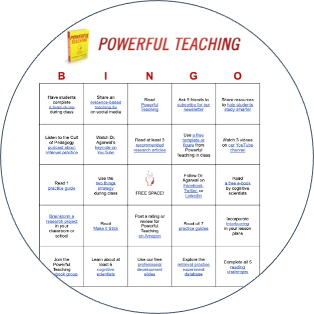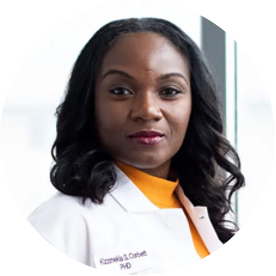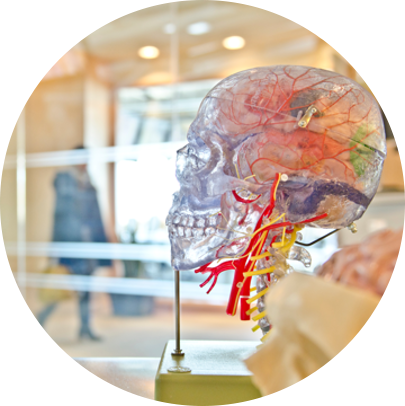Download our free Early Childhood Guide
/It's no secret that retrieval practice – thinking back and pulling information out of your head – boosts long-term learning. But do younger children benefit from retrieval practice? YES!
Download our Early Childhood Guide, where we present evidence that retrieval practice improves learning in infants and young children.
P.S. Subscribe for our weekly updates and get first access to new guides.
Download our Early Childhood Guide
In our free Early Childhood Guide, learn about how to adapt retrieval practice for younger children. At only 8 pages and completely free, put cognitive science research into action with just a few simple steps: scaffolding, feedback, desirable difficulties, and language that fosters thinking and learning.
In one research study, 3-month olds learned how to make a mobile move by kicking their legs. When the infants got to retrieve and practice the activity, they remembered the action after 14 days. But, when the infants simply watched someone else move the mobile, they remembered the action for only 9 days. Pretty simple – but powerful – use of retrieval practice in infants!
Did you know that we have 6 practice guides? Download all our guides and translations from our library and Google Drive.
Lead Author: Lisa K. Fazio, Ph.D.
Associate Professor, Vanderbilt University
Lisa K. Fazio, an Associate Professor at Vanderbilt University, is the lead author of our Early Childhood Guide, co-written with retrievalpractice.org founder, Pooja K. Agarwal, Ph.D.
Dr. Fazio conducts research on how children and adults learn new information, both true and false, and how to correct errors in people’s knowledge. Her research informs basic theories about learning and memory, while also having clear applications for practitioners, such as journalists and teachers. Dr. Fazio earned her Ph.D. at Duke University.
Dr. Fazio’s lab at Vanderbilt University answers questions such as:
How do people learn simple facts, such as "the Pacific is the largest ocean on earth," and complex knowledge such as math procedures?
What can teachers and students do to improve learning within and outside the classroom?
How do students learn incorrect information and how can those errors be corrected?




















